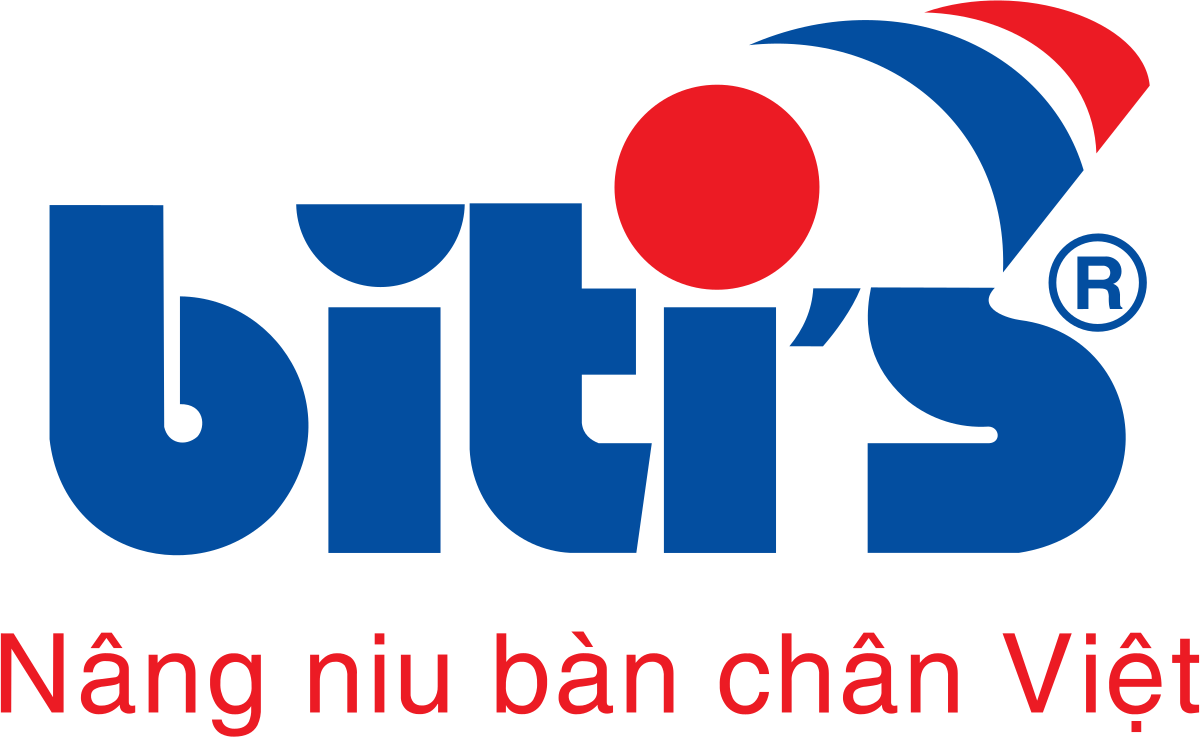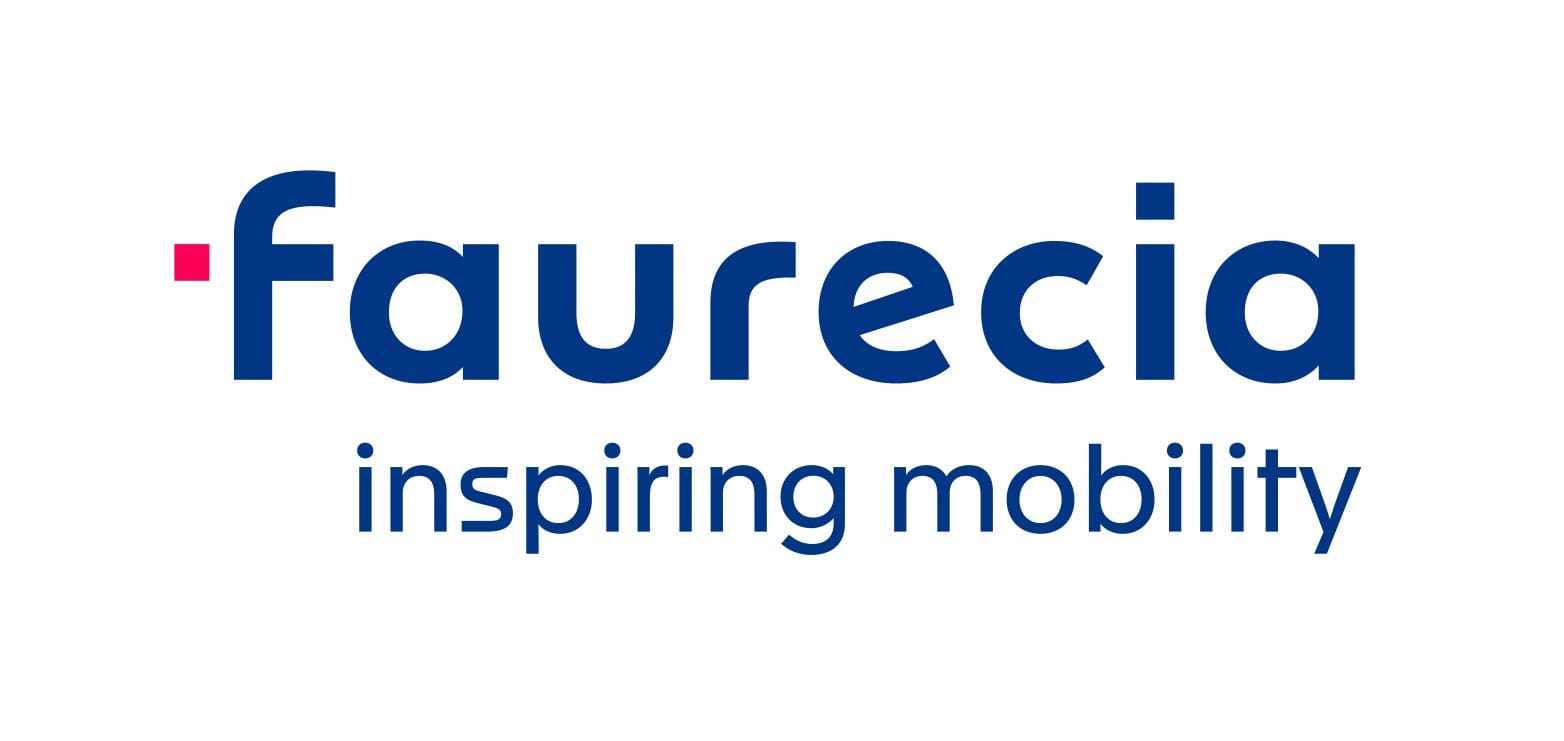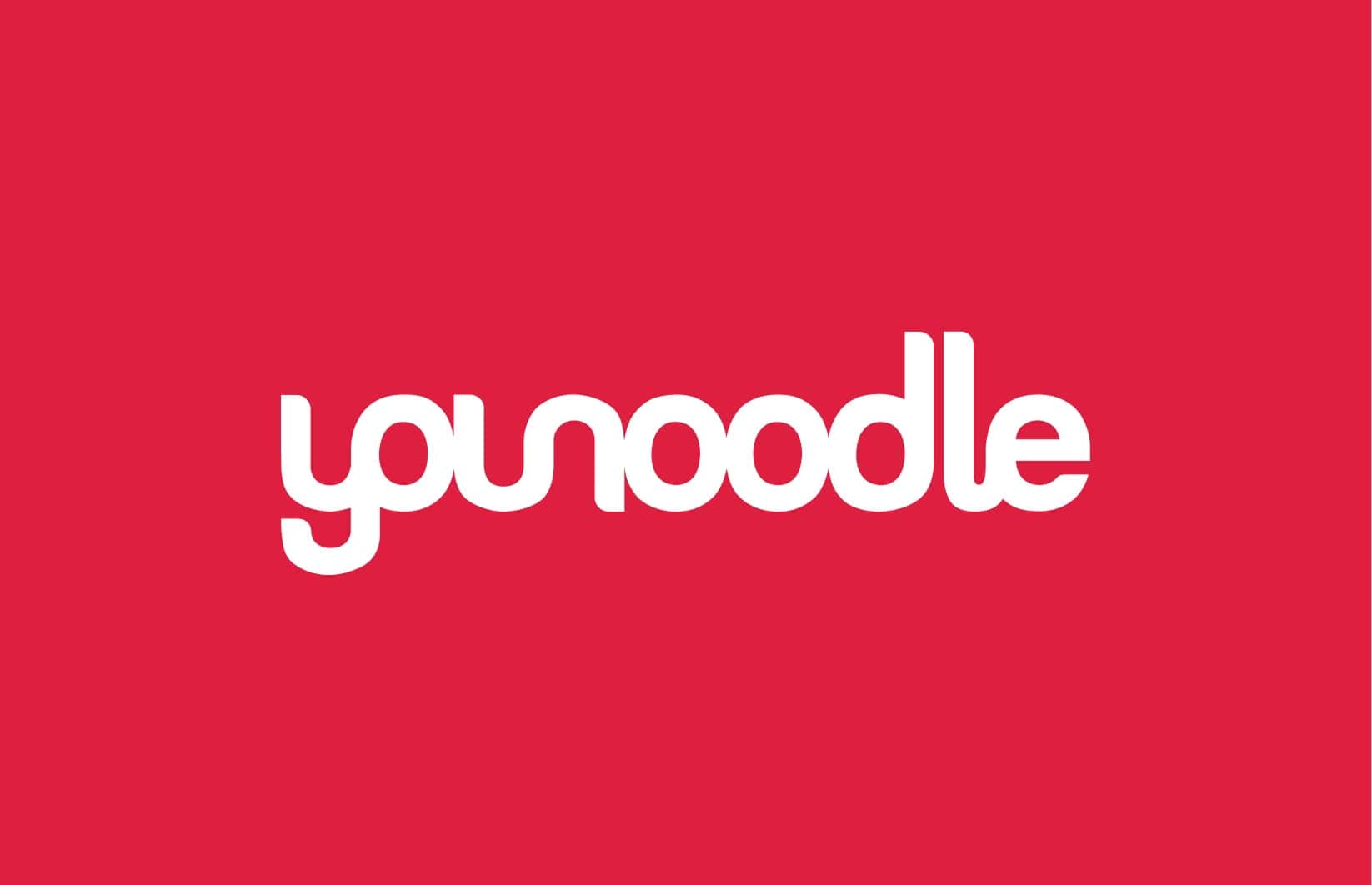With an offer of durable and affordable shoes, Biti’s has grown to be one of the leading players in the Vietnamese footwear market. It is undeniably the top of mind Vietnamese brand for kids footwear.
In the context of a global post-Covid and inflation market slow-down, Biti’s wanted to reinvent its marketing and sales experience. Its goal was to boost sales and deliver new value around more sustainable practices.
As the commercial success of Biti’s is due to the good value of their footwear offer, the solution would have to avoid influencing the price of their shoes, or the cost of their operations.
Deep diving in the market needs and expectations
To address Biti’s challenge, Schoolab assembled a team of five junior consultants from our Talent and Innovation Factory program. The team included different academic backgrounds: engineers from Vietnamese-German University (VGU), and business majors from University of Economics and Finance (UEF), Swinburne University and Tôn Đức Thắng University.
The team of consultants, along with the marketing and sustainability teams of Biti’s, underwent weekly training sessions on Design Thinking and Lean Startup, to be able to approach the challenge with a fresh perspective and agile methodologies, as well as to apply them in future projects within the organization.
Following Schoolab’s Design Thinking process, they undertook an in depth and intensive observation phase to best understand the behavior, needs and challenges of Biti’s target market.
Their exploratory research included visiting 7 Biti’s shoes points of sale at supermarkets around the Ho Chi Minh City area to experience in person observations of customers’ behaviors: 3 Aeon Malls, 2 Emarts, a Big C and a Co-op mart. They also engaged in B2B and B2C interviews, connecting with 5 supermarket employees and 40 customers in supermarkets.
Using various tools and methods, including desk research and benchmarking, stakeholder mapping, hypothesis mapping, qualitative interviews, surveys, and persona definition, the student team was able to collect quality data and formalize finetune their observations in a comprehensive report for Biti’s to gain a different perspective and important insights on their customers.


Project outcomes
Following the observation phase, the team transitioned into the ideation phase to generate multiple solution ideas for Biti’s to consider.
During this phase, the junior consultant team’s primary objective was to identify the right problem to solve. To achieve this, they utilized the insights acquired from the observation phase as a foundation to narrow down the scope of their problem solving focus.
Following the typical customer’s journey map, they identified a specific challenge to tackle, generated over 40 solution ideas for it and prioritized these ideas using specific matrices to support their decision making.
With access to the Vietnamese-German University Campus, located in Binh Duong, and its fully equipped lab, the team built mid-fidelity prototypes to test some of their most promising ideas.
Conclusion
Thanks to the team’s impact forecast and roadmap implementation, Biti’s decided to launch and accelerate the project internally. Indeed, the proposed solution offered to solve a major pain point of Biti’s main customers. It will provide a sustainable solution, in support of the community, while driving higher store and supermarket traffic. The expected result will engage and reward Biti’s loyal customers, and contribute to social impact.
A pilot phase of the project should be implemented in the near future. It could open new business model opportunities for the brand, leading innovation and sustainability in the national local market.










